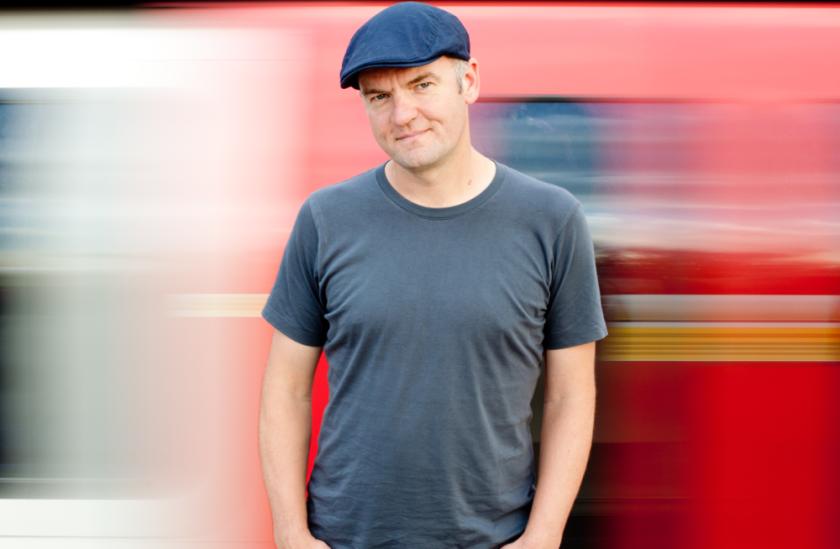Liam Noble has kept his fans waiting so long for some new music, they were beginning to wonder if he’d turned into David Bowie. The British jazz pianist’s last album of originals, Romance among the Fishes, was released in 2004. Since then he’s recorded the highly regarded Brubeck, which Brubeck himself declared "an inspiration and a challenge for me to carry on”, and collaborated with distinguished players on both sides of the Atlantic. But his fans, while enjoying the live performances, which have built his reputation as one of the great piano improvisers of the contemporary scene, were always waiting for some more new music.
It was worth it. These new compositions were both technically innovative and emotionally engaging. Remarkably bold in their constantly shifting, swirling rhythm, which was exploited by some solos of immense technical bravado from all five members of the band, there was also quite a groove to some of the tracks, shared around the five players with mesmerising skill. Fragments of melody, tossed from player to player, and the sheer fun of the variety of sounds, from Shabaka Hutchings’s endearingly squeaky metal clarinet to drummer Dave Wickins’s water feature (used to great effect in the Japanese-themed "Essays in Idleness") all contributed to a compelling gig. A packed Vortex was buzzing.
Noble draws his inspiration widely, from 14th-century Japan to the malevolent stare of his neighbours’ cat. Each track was accompanied by an anecdote explaining its title, delivered with Noble’s lethal deadpan wit. "Poacher’s Pocket" showed the group’s range at its fullest, perhaps, with his rocking piano rhythms offset by the military crackle of Wickins, creating a kind of dark swing. Hutchings and Batchelor, often playing semi-detached from the other three in a loose-limbed duet, set off on a folksy melodic ramble, and double bassist Dave Whitford held everything together with rhythmic and harmonic elasticity.
The new writing was both original and diverse, however, and each piece offered something different, whether the pounding, laconic energy of "Harry Beckett", or the soft dissonance of "Clint". Hutchings blew the doors off a couple of times with powerful free tenor sax solos, while Batchelor delivered a masterful demonstration in extreme trumpet, as his instrument mewed, whined, sighed and growled. And Dave Wickins nearly overshadowed everyone with a storming performance, excelling in the delicacy and complexity of his rhythmic intervention, and the sheer number of different sounds he made, always three or four more than two hands could feasibly accomplish.
There was a touch of crinkly-cellophane newness about aspects of the performance, but this will yield to a suppler fit when the band has had more time to play together. (Last night was the climax of the band’s short, debut UK tour.) The name "Brother Face", by the way, as Noble explains on his enjoyably sardonic blog, comes from Robert Creeley’s poem "Histoire De Florida", in which the speaker is trying (to paraphrase, grotesquely) to find himself. This exhilarating and expansive music of many styles and identities might just help do that.















Add comment